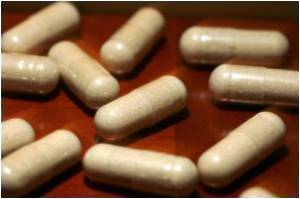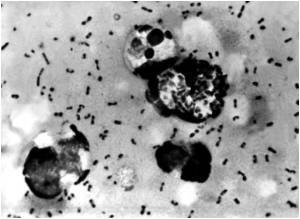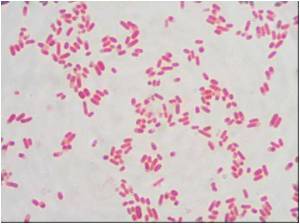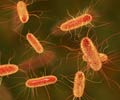
"We have now established E. coli as a viable option for making erythromycin A and as a platform for the directed production of erythromycin analogs. Our ability to fully manipulate erythromycin A's biosynthetic pathway to expand molecular diversity and antibiotic activity help sets a precedent for producing other similarly complex and medicinally relevant natural products," said lead researcher Blaine Pfeifer, Ph.D., assistant professor of chemical and biological engineering at Tufts.
Erythromycin A is a potent weapon in the treatment of bacterial infections. The bacterium Saccharopolyspora erythraea, which is found in the soil, naturally produces several variants of erythromycin. Erythromycin A is the most common and most biologically active.
Because of the challenges associated with engineering Saccharopolyspora erythraea, researchers have hoped to achieve the complete production of erythromycin A using E. coli. More than 20 enzymes must work in concert to create the erythromycin A molecule. This genetic and biochemical complexity makes synthesis notoriously hard. Previous research had reported manufacture of erythromycin A intermediates in E. coli but not the final product.
"To transfer and reconstitute these biosynthetic pathways is very difficult. In fact, erythromycin A poses nearly every challenge that must be addressed in the quest for complex heterologous biosynthesis of natural products," Pfeifer said.
Advertisement











